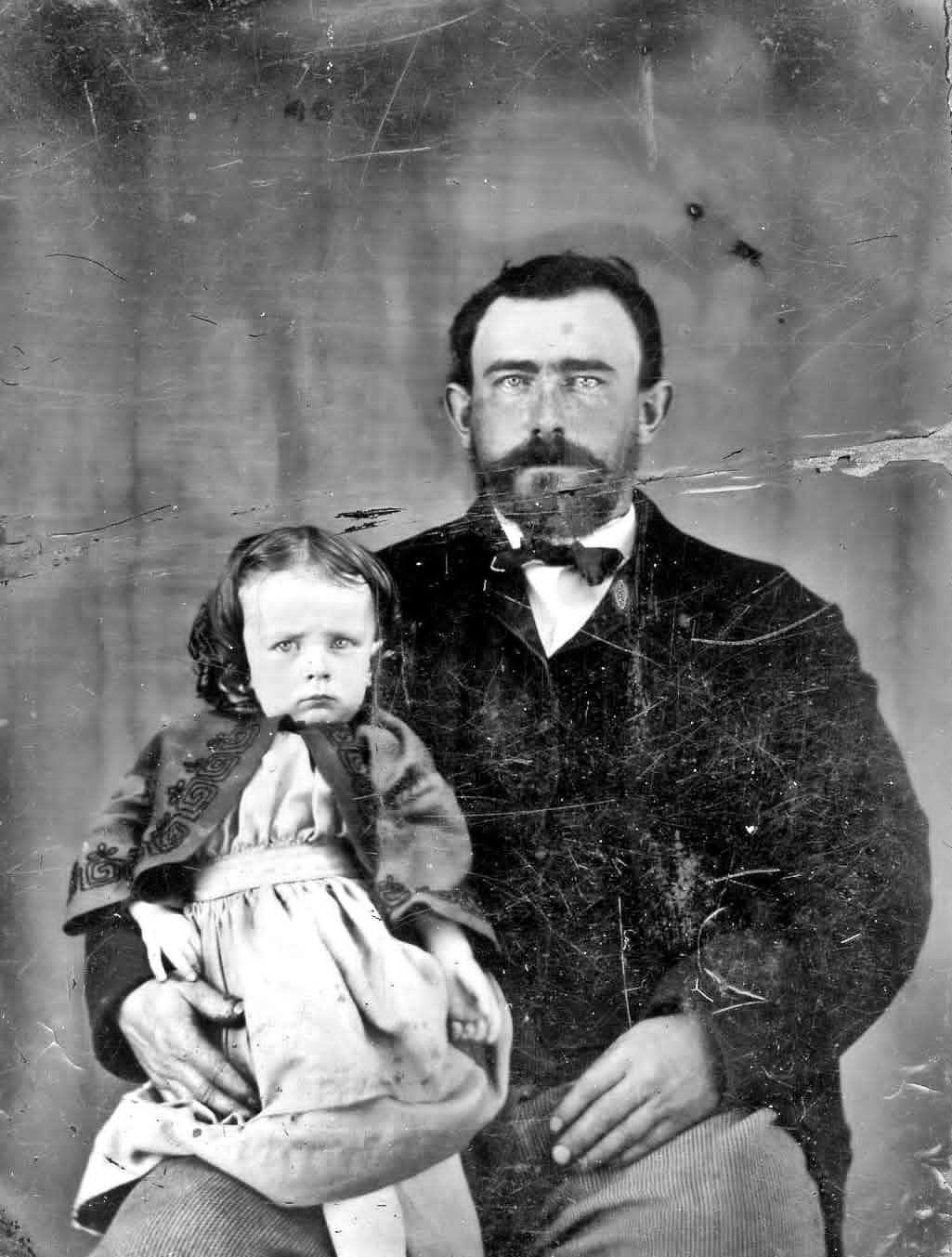Eli Turner buried his wife beneath a cottonwood tree the same night their daughter came into the world. The lantern flame flickered low, the midwife long gone, and the sound of that baby’s first cry cut through the silence like a blade. He wrapped her in his coat, whispered a promise through tears and dust — “You’ll never go hungry, not while I’m breathing.”
The year was 1876, and the plains around Abilene were as cruel as they were wide. Eli worked a broken stretch of land, sunup to sundown, his back bent over a plow and his heart heavy with the ghost of the woman he’d loved. When storms came, he’d shelter the baby under the table and sit guard through the night, rifle on his knee, praying the roof held. Milk ran dry. Coyotes howled close. But Eli didn’t break — he’d trade his last cartridge for flour, his last breath for her safety.
By the time little June could walk, her father had turned that ragged homestead into something close to a life. She’d sit on the fence rail and watch him work — silent, steady, relentless. The town folks called him “Iron Eli,” said no man could take that much loss and keep going. But he never saw himself as strong. Just a man keeping a promise in a land that didn’t care if you lived or died.
And every spring, when the cottonwoods bloomed white against the wind, Eli Turner would stand by that grave and tip his hat — a quiet salute to the woman who gave him purpose, and the little girl who gave him reason to survive.
